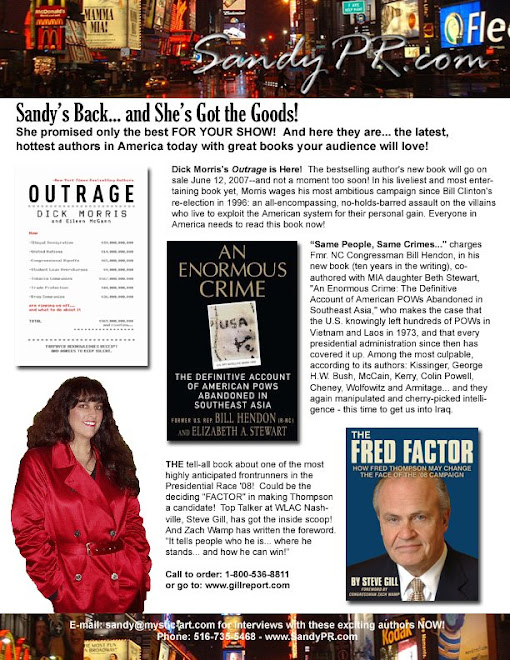Del Quentin Wilber, a Washington Post reporter and the author of the critically acclaimed New York Times best-seller Rawhide Down: The Near Assassination of Ronald Reagan, is available to discuss presidential assailant John W. Hinckley's efforts to gain more freedom from his psychiatric hospital. Hinckley shot and seriously wounded President Reagan on March 30, 1981. He has been held at St. Elizabeth's Hospital since being found not guilty by reason of insanity during his trial in 1982.
In a series of hearings starting Wednesday and expected to last through Dec. 9, Hinckley's lawyers and his doctors are expected to urge a federal judge to give the presidential assailant more liberty. They would like Hinckley to be allowed to visit his mother's home in Williamsburg, Va., for lengthy unsupervised trips, some lasting up to 24 days. His doctors at St. Elizabeth's Hospital would also like the authority to allow Hinckley to live in Williamsburg - without seeking approval from a federal judge. Over the years, that judge has granted Hinckley more freedom, allowing him to spend more time at the home of his parents in Virginia and even obtain a driver's license.
Federal prosecutors are seeking to block such moves, saying Hinckley remains a danger. "Hinckley is a man capable of great violence," prosecutors wrote in court papers, adding that the assailant "still is not sufficiently well to alleviate the concern that this violence may be repeated."
Hinckley, 56, nearly killed President Reagan in a shooting that wounded three other men, including White House Press Secretary James Brady, outside the Washington Hilton hotel on March 30, 1981. He said he wanted to kill Reagan to impress the movie actress Jodie Foster, then an 18-year-old freshman at Yale University.
Wilber, the Washington Post's federal courts reporter, will be covering the hearings for the newspaper and its Web site. He wrote extensively about the assassination attempt and Hinckley in his book, Rawhide Down, and has given scores of radio and television interviews that describe the drama of March 30, 1981, and how close Reagan actually came to dying that day.
The New York Times' critic Janet Maslin last week called Rawhide Down one of her top ten books of 2011. Other critics have called the book "gripping," "riveting," "a thriller," and "harrowing story."









